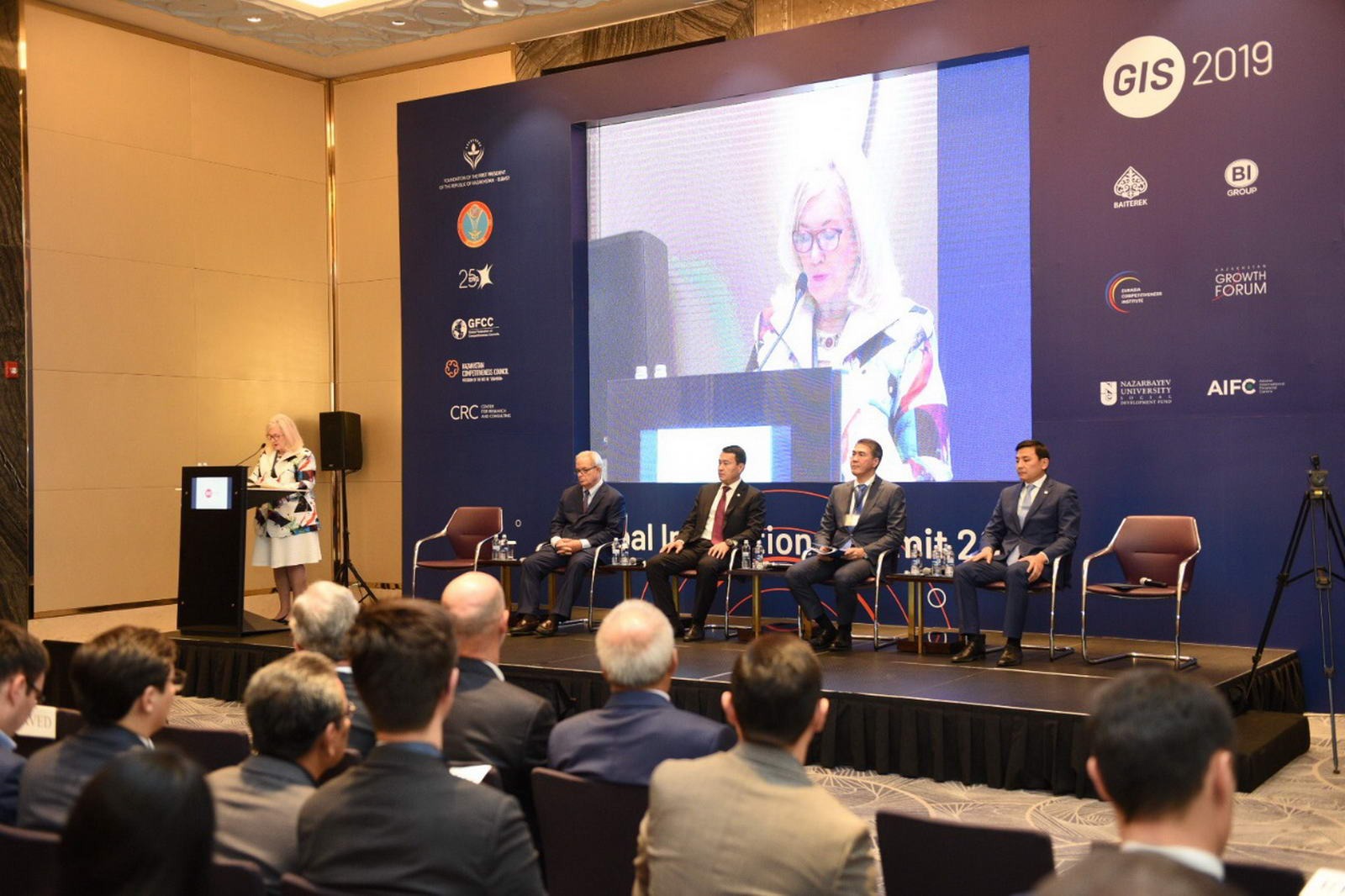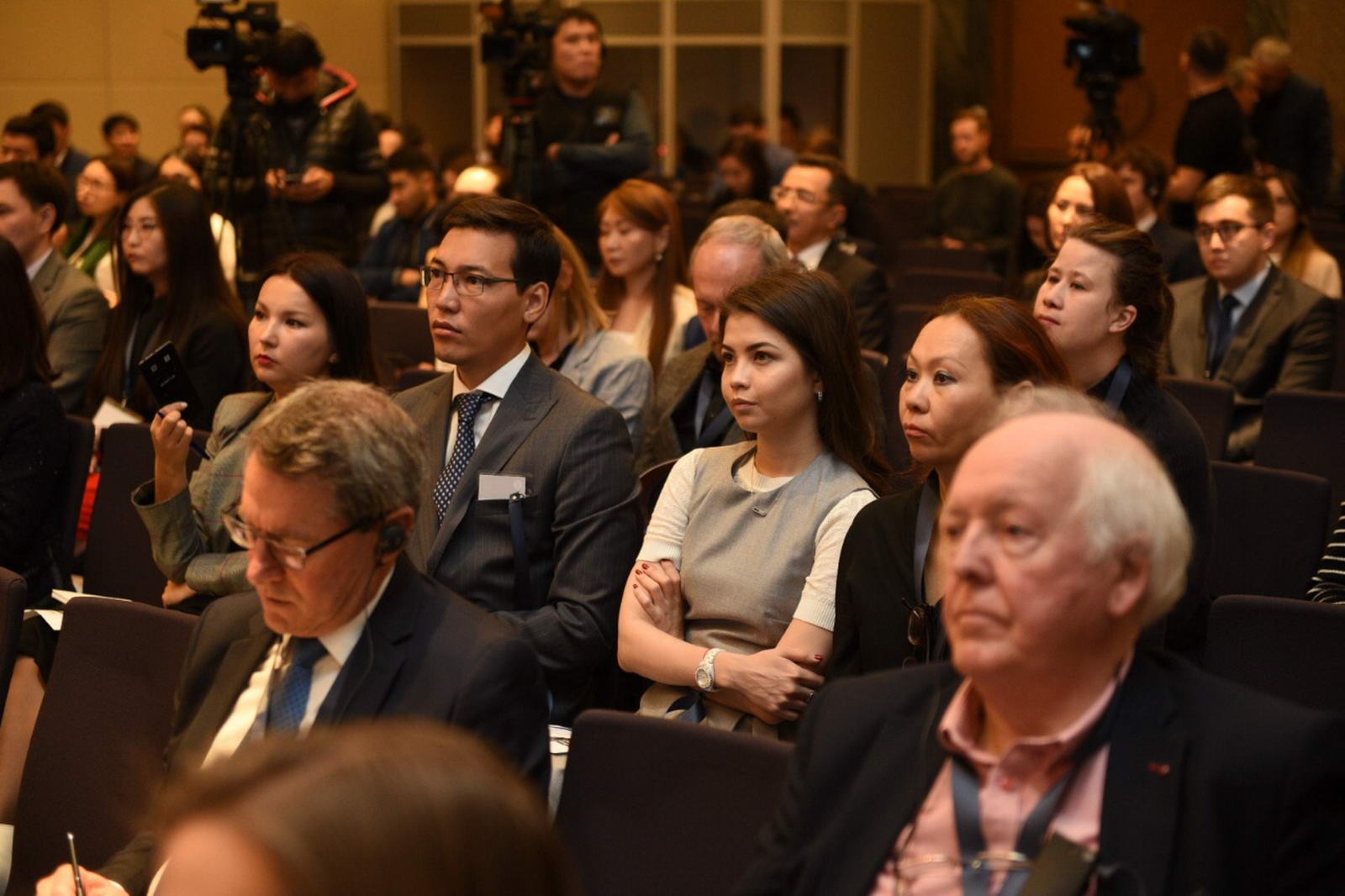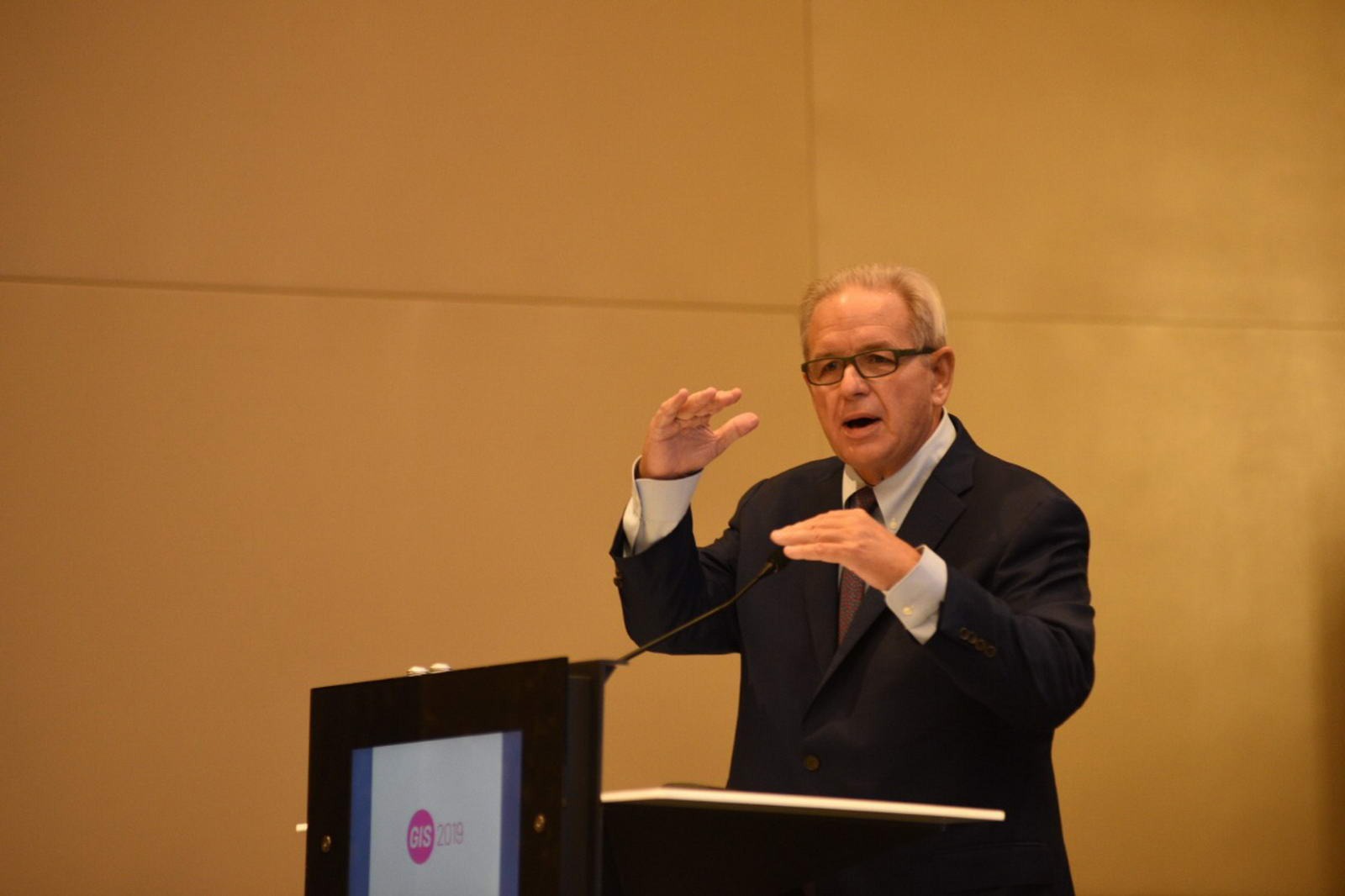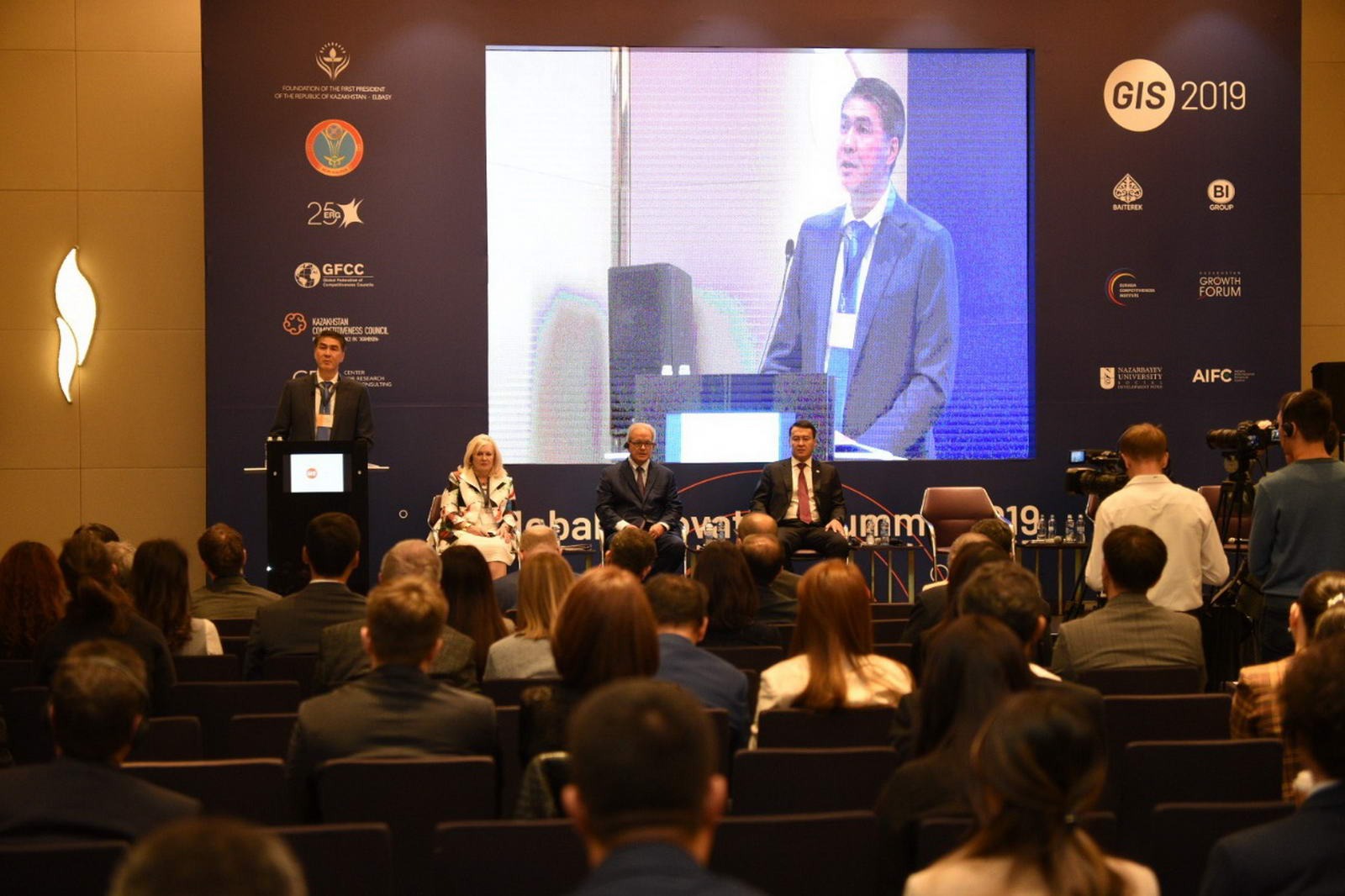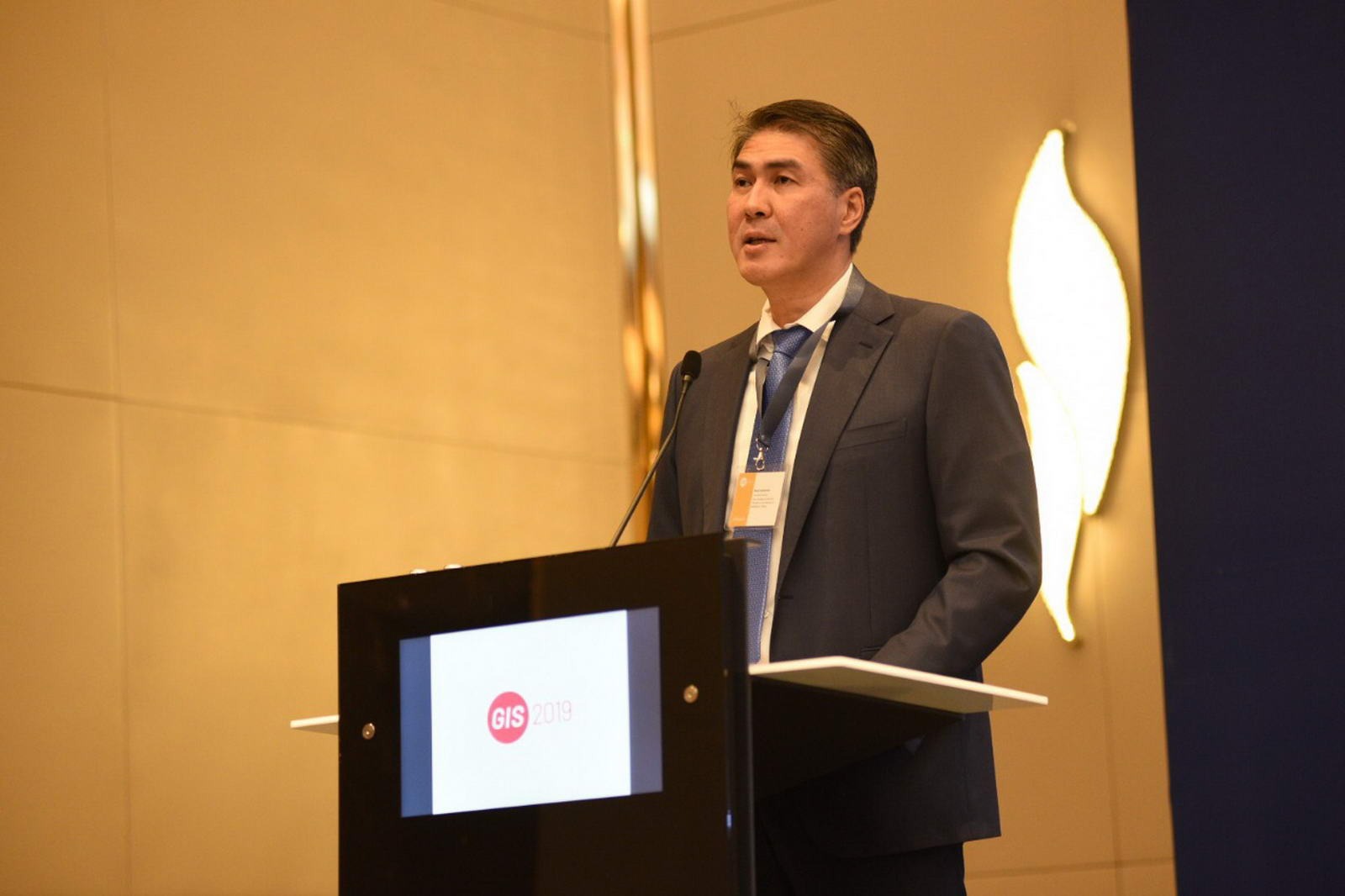Asset Issekeshev: «Competitiveness issues will become one of the priorities of the Foundation of the First President of the Republic of Kazakhstan – Elbasy»
The Global Federation of Competitiveness Councils has gathered in Kazakhstan. More than 200 participants, including 50 international experts from 16 countries, gathered in the city of Nur Sultan at the global innovation summit. This is the 10th anniversary meeting, which is also being held for the first time in Central Asia.
Each year, leading economists, financiers, public policy, engineering and the exact sciences are going to discuss the most pressing issues. For example, a year ago in Malaysia, the main focus was on technology. This year, experts are focused on competitiveness issues.
Speaking about the relevance of the chosen topic of the summit, the Executive Director of the Foundation of the First President of the Republic of Kazakhstan - Elbasy Asset Issekeshev, noted the significant «shifts» in various areas of life over the past decade. According to him, there is a widespread introduction of technology, coupled with the loss of jobs; economic trends are changing, gaps between rich and poor are widening, trade and military conflicts are continuing. In response to these challenges, competitiveness councils are actively working in a number of developed countries on the basis of cooperation between business, universities and scientists. In conditions of such instability, the role of these councils is important - to ensure the economic development and prosperity of their peoples.
Asset Issekeshev – the Executive Director of the Foundation of the First President of the Republic of Kazakhstan - Elbasy:
- The mission of the Foundation of the First President of the Republic of Kazakhstan is to promote the sustainable development of the country and a competitive nation. Therefore, we, on behalf of Elbasy, are launching several projects. And one of them is a scientific and practical study to increase country competitiveness, develop proposals for the state on a socio-economic model of sustainable inclusive growth. Thus, we, as the Fund, will deal with issues of increasing competitiveness.
Roberto Alvarez, the Executive Director of the Global Federation of Competitiveness Councils:
- It is very important for the world community to see the development directions of Central Asia. Since this region has enormous potential. And Kazakhstan is one of the most dynamically developing states in the region. It is important to create the future of the nation and its competitiveness by mobilizing all available resources in the modern economy. I know that Kazakhstan is a country that is dynamically developing in terms of innovation. You give future generations a good education, create conditions for attracting investments. All these measures are aimed at positive developments.
The participants in the summit spoke positively regarding the reforms being carried out by the state. At the same time, taking into account the geopolitical and geo-economics situation in the world, they note the need to continue the implementation of previously adopted programs. Including the Plan of the Nation - 100 concrete steps to implement five institutional reforms, as a response to global challenges and measures to join the 30 developed countries.
In this regard, Asset Issekeshev told foreign experts what difficulties and barriers Kazakhstan has faced over the years of independence, that in the early stages of modernization, Kazakhstan experienced both hyperinflation and an acute budget deficit, that the number of unemployed reached 2 million, 130 Kazakhstani enterprises stopped their work, and GDP(gross domestic product) decreased by 61%.
- Due to the reforms initiated by Elbasy, we managed to achieve important results. GDP grew from $ 11 billion to $ 170 billion (the aggregate indicator of all other Central Asian countries is 60 billion less). 300 billion dollars of direct foreign investments were invested in the country. Life expectancy in the country has reached 72.5 years. Kazakhstan is the first country in the post-Soviet space to launch advanced programs for the development and attraction of human capital, such as Bolashak, in the framework of which more than 10,000 specialists were trained, - noted A. Issekeshev.

